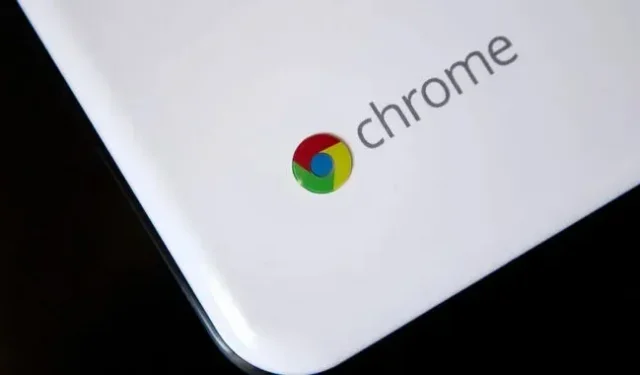You’ll never get enough battery life, but keeping your device’s battery at 100 percent all the time can shorten its lifespan. Many laptops are already using artificial intelligence to manage how a device uses its battery, and Chromebooks now appear to be headed down that path as well.
As 9to5Google spotted this week, a new code change in Chromium Gerrit refers to “adaptive charging”coming to Chromebooks. The description of the change states that the feature uses machine learning in order to “minimize the amount of time a device spends on a fully charged battery in order to extend battery life.”
This system will be similar to features we’ve seen on more expensive Windows laptops. For example, the upcoming HP Elite Dragonfly 3 laptop will use smart charging, which the manufacturer says “learns operating patterns to optimize power consumption.”However, it’s unclear exactly how the Chrome OS feature under development will work. It looks like Google will let you disable this feature, and a notification will let you know when it’s enabled.
Google already introduced adaptive charging to its Pixel phones back in 2020, but the feature works differently there, relying on alarms rather than machine learning. When you enable adaptive charging on something like the Pixel 6, the phone uses your alarm settings to determine when you need the phone. The device then charges slowly over the night, so it can charge to 100 percent right after waking up, rather than sitting at 100 percent for hours. Other smartphones have similar features.
It’s unclear if adaptive charging for Chrome OS will be limited to Google’s own Pixelbook Chromebooks.


